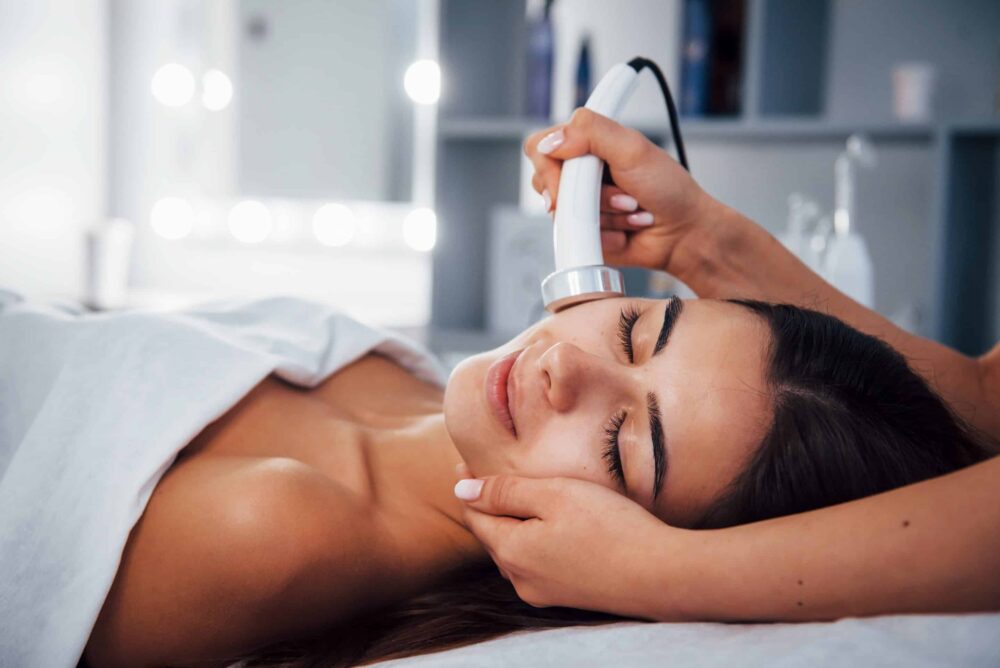Who Can Own a Med Spa in Texas? Can A Non-Physician Own A Med Spa?

Who can own a Med Spa In Texas? Ownership of med spas, also known as med spas or medical spas, is restricted solely to licensed physicians. This exclusion encompasses nurse practitioners, estheticians, and other non-physicians. However, there exists a pathway for non-doctors to actively participate in the day-to-day operations of these establishments through management services organizations (MSOs).
Understanding the Intricacies of Med Spa Operations
Understanding the intricate workings of MSOs is paramount, as any mishandling of these entities may result in severe consequences. This includes civil liabilities, administrative penalties, or even criminal charges. It’s crucial for individuals involved in the med spa industry to be well-versed in various aspects to navigate effectively.
Defining the Med Spa Concept
First and foremost, it’s essential to comprehend the definition of a med spa. These establishments blend elements of a traditional day spa with those of an aesthetic medical center, providing an array of services ranging from non-invasive medical procedures like Botox injections to traditional day spa treatments such as skincare and massages. Compliance with specific regulations, especially regarding ownership requirements, is imperative given that certain cosmetic procedures fall under the purview of medical practice regulations in Texas.
Licensing and Ownership Eligibility
Regarding licensing for medical spa operations, while a facility license is not mandatory unlike some other cosmetic facilities, ownership by a licensed physician serves as a prerequisite. This ensures accountability and adherence to medical standards. Ownership eligibility for med spas is strictly regulated, with exclusive rights granted to physicians. However, physician assistants may hold minority shares or serve as minority partners. On the contrary, nurse practitioners and other non-medical professionals are ineligible for ownership.
Role of Management Services Organizations (MSOs)
The role of MSOs cannot be overstated. These management services organizations play a pivotal role in aiding physicians in managing various operational aspects such as education, billing, and regulatory compliance. Interestingly, non-physicians have the opportunity to own practice space and equipment, with the MSO acting as the lessor and the physician as the lessee.
Regulatory Oversight and Penalties
Regulatory oversight in the med spa industry is stringent, primarily overseen by the Texas Medical Board. This regulatory body ensures compliance with the Corporate Practice of Medicine doctrine, which prohibits non-physicians from practicing medicine for profit. Additionally, adherence to laws such as the Stark Law, Anti-Kickback Statute, False Claims Act, and HIPAA is imperative to maintain ethical standards and patient confidentiality. Penalties for violations of these regulations can be severe, ranging from civil liabilities to administrative penalties and potential criminal charges. The Texas Medical Board’s regulations outline penalties that may include fines, license suspension, or even revocation.
In conclusion, strict adherence to a comprehensive set of rules and regulations is indispensable for physicians, their med spa practices, and the MSOs they engage with in Texas. It’s essential to remain vigilant and uphold ethical standards to ensure the safety and well-being of patients and the integrity of the industry.
Becoming part of a med spa can be financially rewarding, but it also comes with risks. Schedule a free discussion with Dike Law Group to explore the optimal structure for your medical spa or MSO. We’ll delve into regulatory matters, the extent of your practice, and the corporate practice of medicine prohibition. Our aim is to understand your goals thoroughly and assist you in realizing them while ensuring full compliance with regulations.
Visit dorismeet.com to schedule your free discussion now.







